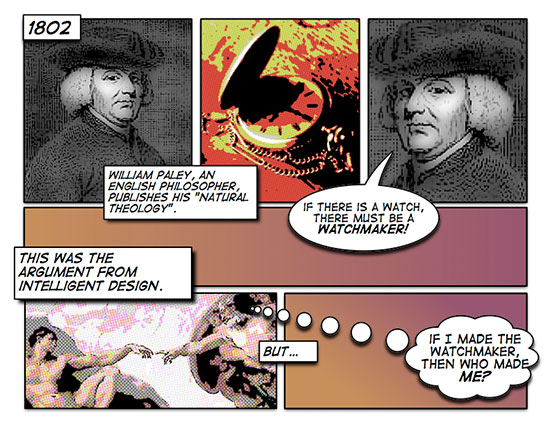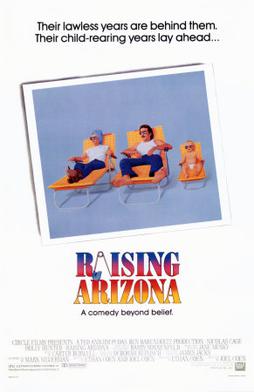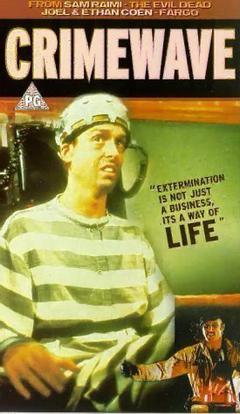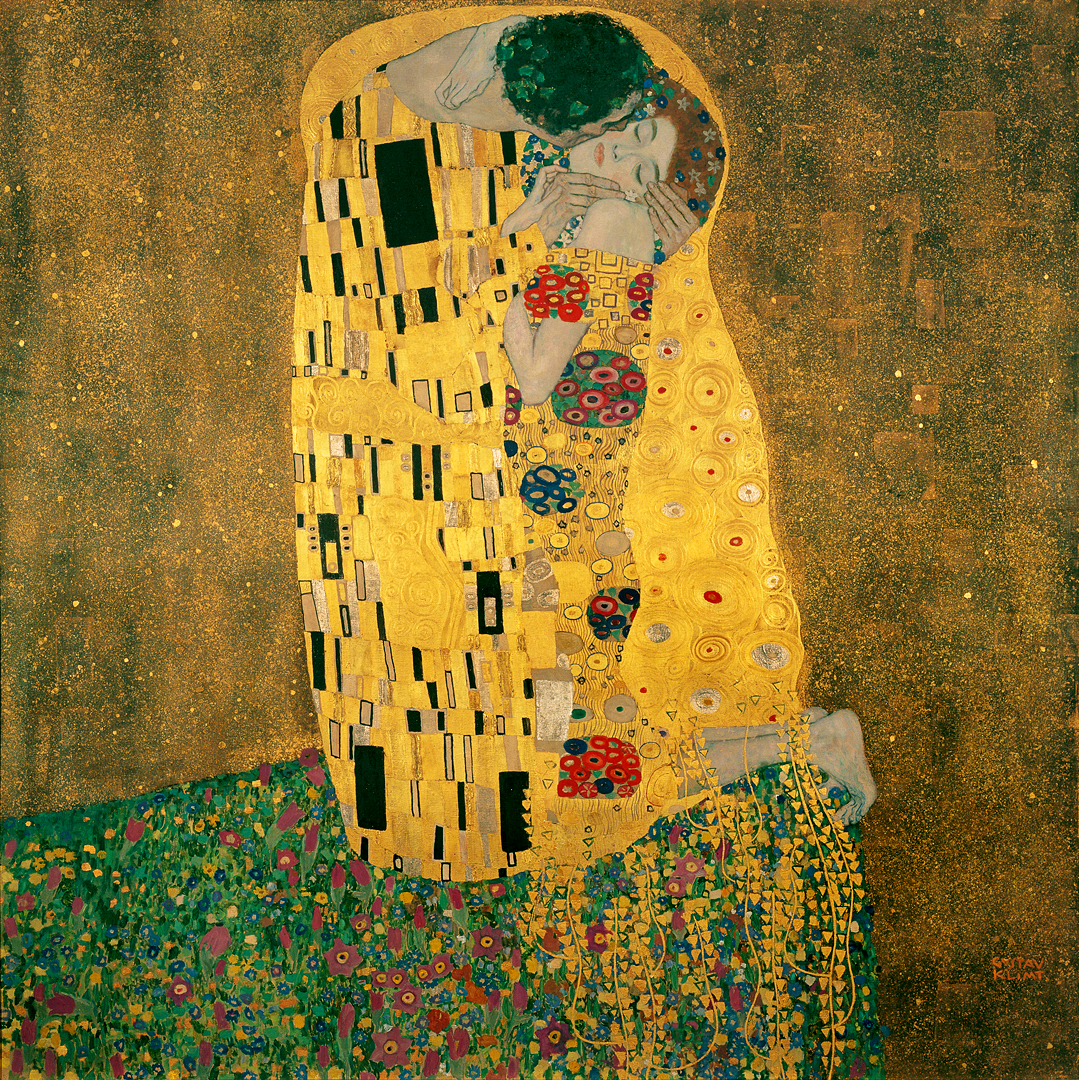 |
It was the only pictorial I found that defined the
"Watchmaker" philosophy best.
|
Part I.
Yesterday I viewed The Hollywood Reporter roundtable discussion with Barry Ackroyd, Sean Bobbit, Bruno Delbonnel, Stuart Dryburgh, and Phedon Papamichael, and began an examination of their cinematic duties which I intended to finish today. The piece was entitled “The Cinematographer: A Lead Behind the Camera?”, and I was aiming to provide the definition of cinematography, because shamefully I never really knew what they were. It’s almost like that feeling when you see actors in several films, but you don’t really know their names, you just know that they’re part of a cinematic production... Well, in addition to being introduced to the definition of cinematography, I was also taught how cinematographers are, in some ways, leads in a film, because they’re necessary to any quality production, just as much, if not more so, than a lead actor. I also believe now that actors or actresses must not only obey and respect the director, but also the cinematographer, because they are the ones who truly bend over backwards and sideways and everywhere to execute the director’s vision. But due to various technical issues caused by a naughty little hacker, that particular post and my notes got lost, and they were nowhere to be found .... So I chose to suck it up, and re-watch the conversation and re-write the post - and it’s completely different, not one idea is the same as yesterday’s.
But the universe works in wonderfully magical ways sometimes, because my initial viewing of the video provided me the definition and duty of a cinematographer, but I could sense that I was brought back to the roundtable today because my cinematic guardian angel, if I have such a guide, needed me, not only to understand the cinematographer, but possibly the cinematographer’s experience. My little angel hadn’t finished with my lesson, and I was obliged to uncover why my initial piece, and notes, were so abruptly dissolved, forcing me to take a closer look at each of these cinematographic dynamites! I identified my true lesson only hours ago after realizing that, yesterday, I was told what a cinematographer is and their specific responsibilities, whereas today, I am told, not only of the duties of the cinematographer, but of a tragedy that has befallen quality filmmaking, and the eyes of real film may eventually be blinded because of it: a cinematographer’s remarkable talent in a production may become so abrasively stifled, simply because current entertainment is now depreciating the art of film with the reliance on digital, artificial intelligence.
I will introduce this brief investigation with the definition of a cinematographer, because, sadly, many of us are unaware of their crucial role in a film, myself included until yesterday. I’ll start by filling you in on my mental idea of a movie set, I’ve never been on a real one, and I’m sure this isn’t physically the case all the time or ever really, but it gives me a true, analogical, fairly philosophical, idea of how I envision quality filmmaking. So, just bear with me for a second, and imagine the director is looking over a great landscape...
And in the smallest valley of that landscape, standing in front of him is the cinematographer who controls the camera. You see, there has to be room for the producers, costuming people, lighting people, and everything in between who cannot go past the cinematographer when his cinematic eyes are open (or when the camera’s filming...), and they cannot step in between the director and the cinematographer when they’re working, but the cinematographer is responsible for managing all those in between. Sounds simple, right?? In a nutshell, in my crazy little mind I imagine, when filming, the director is behind the cinematographer, and other members of the production are also behind the cinematographer, but they don’t step in between the director and cinematographer, or in the cinematographer’s view when filming, but the cinematographer must manage all these crew members standing behind him to execute a picture the director’s happy with. Let me take a breath... (Obviously in real life, I’m sure the director and cinematographer are standing like..right next to each other, but I hope you see what I’m saying). The director is in control, as he or she should be, it is their project, and the cinematographer crafts the eyes of the director’s project, and, ultimately, the way an audience member may view the final a piece of art.
Alright, so now you have my rough definition of a cinematographer: they hold the camera on set, and they are responsible for creating an artistic image on film that represents the specific vision of a director. I’ll try and make the rest of this pretty short, but I think it’s necessary that you know what a cinematographer is.....
All right now for part II.
The last Hollywood Reporter roundtable I viewed with directors gave me further insight on my definition of a good artist and a great one, whereas this roundtable session couldn’t have been more mind-blowing for me - just because, as shameful as it is, we rarely hear the voice of the cinematographer. Cinematographers Barry Ackroyd, Sean Bobbit, Bruno Delbonnel, Stuart Dryburgh, and Phedon Papamichael provided me, after watching their roundtable discussion, with such a greater understanding of “the pen” with which a movie is created, as said so sweetly by Dryburgh, and that technology has very much to do with the execution of such a remarkable creative process, which, intuitively, I’ve always kind of been aware of. I’ve always known that I’ve loved film over digital (but I’ve always thought that digital is a potential tool for a cinematographer, if they wish to use it. Just to create images that are as authentic as possible in the context of the director’s vision. I mean, I remember when I was 11 viewing Max Reinhardt’s A Midsummer Night’s Dream (1935) and seeing the strings attached to the ‘flying’ fairies. Of course, any cinematographer would use a digital tool to remove the strings to allow the audience to feel as though the fairies were really flying....But that’s what digital is: a tool, not a camera). Also, Dryburgh’s affirmation that he knows people in the academic world who I guess really believe that digital camera filming is the next big thing, and that theaters will be able to crank out so many different movies all the time really disgusted me. It’s almost as if the use of the digital camera in mainstream entertainment will turn movies into ‘fast food’ .. which is a reality, and I hate to get so sappy, that could completely break my heart. I remember seeing my Nana Hazel when I was probably just a toddler in ‘Stepping Toes’ and thinking she was the most beautiful, wonderful person in the world - and being so mesmerized by the fact that this was a pure portrait of my grandmother at one time...I couldn’t believe it! Imagine if I viewed those incredible scenes through a digital camera - her beautiful smile, her happiest happy demeanor, and her love to entertain would have been so dampened .... And I can’t imagine having those happy moments with her any other way.
I’m sure we can all agree that there may be great digital movies ahead, but anyone who claims that a digital lens is better than an organic, personalized one clearly hasn’t familiarized his or herself with previous, cinematic masters of film. And that’s why I also believe education is such an important aspect in cultivating a culture that knows what a quality movie is and what a quality movie isn’t. In my experience, and I’ve taken many courses revolving around the arts, people who have had a similar educational experience in artistic subjects tend to agree that, to put it bluntly, film is better than digital....
I don’t mean to be so upsetting, so I’m gonna share with you some of my favorite aspects of what each cinematographer said. I couldn’t choose a favorite, just because I really think that they all brought greatness to the discussion in their own cool ways. I completely completely completely loved Bruno Delbonnel’s example that cinematography is like watchmaking, which I believe may have been a reference to William Paley’s watchmaker philosophy (as pictured)....But it really helped me understand that there !really!!! is a true design and craft behind this type of work, and one that is found through film, not digital. His insinuations that himself and the other cinematographers at the table have very different styles, yet they’re still able to perform at such a brilliant level, in a way that is rewarding for themselves, and especially for a director, really resonated me. He basically says to Ackroyd that, since they don’t have the same brain, they could never do what the other does, which goes for all of the cinematographers around the table. It really got me thinking about how different their respective films this year would come out had, for example, Delbonnel been the cinematographer for “12 Years a Slave” or even if Papamichael been the cinematographer for “Captain Phillips.” They were each perfect for the parts they had this year and no one would have it any other way, but they certainly all have differing approaches to the art of cinematography - that are all exciting to watch.
In addition, Barry Ackroyd’s insight that the world works in two ways, a chemical and a physical way, and that a digital camera could not the capture the authentic combination of the two was pretty powerful. Especially as he was reiterating that he loves the creative process, which, even though I don’t have his experience by any means, I just know how rewarding it is and fulfilling it is when you create something that is just so, personally fulfilling through such a real method. Specifically, whether something great is created through a pen on paper(in my case - or even a keyboard to a blank Word document), or a film camera on an image, it is the most rewarding, amazing feeling in the world.
I also have to admit that Sean Bobbit’s permanent little smile is an image that I’ll remember forever from the discussion. It never faded, even as he was stating his deepest insights on the world of cinematography. He really has an intuitive way of knowing where he stands with the director and creating work that a specific director wants, whether that director likes images or actors more - it seems like Bobbit can assess a way he creates pictures based on the director’s view of actors and images. I thought that was pretty cool....
Okay now we have Papamichael and Dryburgh.. To me, one can definitely tell that Papamichael is a cinematographer (after she knows what cinematographers are that is...), just because he is so, extremely observant. I almost felt as though he was looking at the people and the set around him thinking about how he would use a film camera to capture their moments together...You can tell he’s the type of dude who can say a lot with his eyes and, as I’ve discovered, is a great quality to have as a cinematographer.
I wanted to end with Dryburgh because his belief in movie magic is just as strong as mine. He refers to film’s ability to let him create “happy accidents” and he says that “the moment of creation is what I get a charge from.” I thought these statements were really sweet and beautiful, yet ring true for anyone who loves quality cinematic pieces - because these moments, let’s face it, cannot be found through digitalism (if that’s even a word..). Happy accidents are the heart of any creative process, and whenever you hear someone talking about ‘movie magic’ it is because of these wonderful discoveries. It really is magic. If you can’t find it, then ....I really just don’t know what to say(really, I don’t). Because magic is what I love most about movies, and anyone who doesn’t see that magic was likely never taught it or even really aware of it...
I know this post was in such strong support of film over digital - but I can’t help it. They were simply the first types of movies I was exposed to as a child, and the ones I remember loving. These cinematographers weren’t just making these arguments to save a job, they were stating such strong opinions against digital movies because they intend to save the craft of film - and those who love the arts, really really love the arts, will put it before themselves (whether or not they’ll get paid for it). This isn’t to say I haven’t fallen in love with certain digital films .. “Slumdog Millionaire” is of my favorite movies, but the fact is that a reliance on digital ‘film’ leads to a mass production of colorless movies - a ‘fast food’ of ‘film,’ if you will. This may be a silly example, but I’d so much rather see a handful of great, masterful movies a year than a number of lackluster ones. So, basically, I’m just an advocate for quality over quantity.





